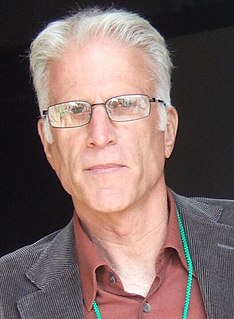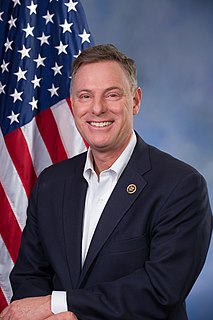A Quote by Philippe Cousteau, Jr.
As an explorer, I know firsthand there are many places in the ocean so full of life that they should be protected. Coral reefs and mangrove coastlines are stressed already by climate change and ocean acidification, and poor planning will just make their plight worse.
Related Quotes
Coral reefs, the rain forest of the ocean, are home for one-third of the species of the sea. Coral reefs are under stress for several reasons, including warming of the ocean, but especially because of ocean acidification, a direct effect of added carbon dioxide. Ocean life dependent on carbonate shells and skeletons is threatened by dissolution as the ocean becomes more acid.
Oceans need more attention because climate change IS an ocean issue. Our oceans will be the first victim, and sea life will suffer dramatically. Detailed proof is hard in ocean science, but I think we're already seeing big ocean changes caused by climate change, such as starvation of whales, seabirds, and other animals off the coast US west coast.
If we return abruptly to a Miocene-like climate, it's reasonable to think that we would experience a lot of extinctions, and maybe even a mass extinction in the long term. Would the life on Earth be radically different? Of course we can't say for sure, but I think a lot of it would look familiar. Like a lot of people, I worry a lot about whether marine mammals would survive, especially whales. Ocean acidification is one of the major killers in climate change events, and that makes the ocean a very inhospitable place.
I wish I could tell you about the South Pacific. The way it actually was. The endless ocean. The infinite specks of coral we called islands. Coconut palms nodding gracefully toward the ocean. Reefs upon which waves broke into spray, and inner lagoons, lovely beyond description. I wish I could tell you about the sweating jungle, the full moon rising behind the volcanoes, and the waiting. The waiting. The timeless, repetitive waiting.
Nationality started as something natural, but we should not be restrained by the old politics that make up these clear lines. It should have its own way of evolving. In some places, it will evolve slower and in others, faster. It's like the mountains, the ocean and the rivers. It has its own geological forms. Societies cannot be flat. But during change, human rights, human dignity and free speech have to be protected. Otherwise, we'll be going backward.



































